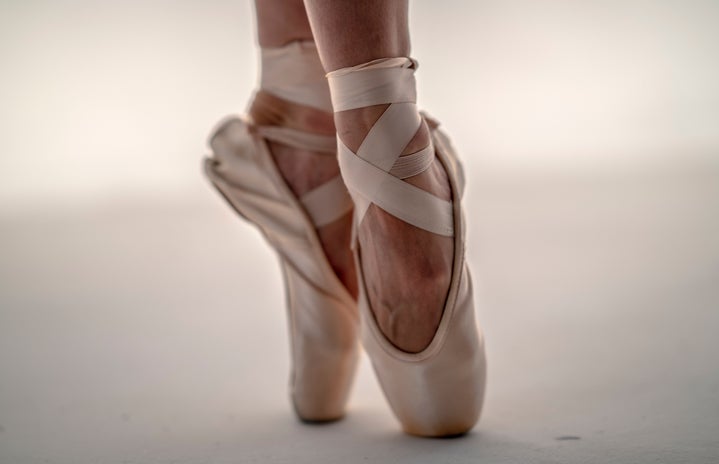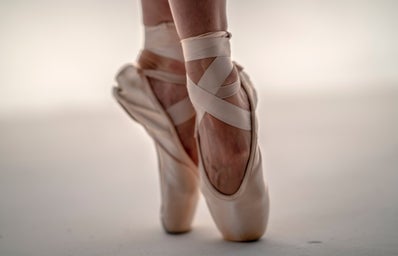From ages four to 17, my life was consumed by one activity: dance. Aside from a season on the middle school tennis team, I never did any other sports or tried many extracurriculars. None of them interested me; I didn’t enjoy kicking soccer balls or shooting baskets; Girl Scout meetings bored me and even social events like playdates just made me anxious.
It didn’t even occur to me to try other things, and I’m glad that I didn’t. Why? Because I learned a very important lesson at a young age that some women never get taught in their entire lives. I learned about how to take control over my own body, thanks to George Balanchine.
George Balanchine has a worldly background when it comes to dance, but his legacy is in The Balanchine Method, a form of ballet that demands certain technique from the way a dancer’s head faces to the speed at which they complete a grand battement. It’s largely about control– he wanted his dancers to learn to dance in a way that allowed them to have total jurisdiction over the way their body moved through choreography.
Balanchine educated many students during his life and his method became widely accepted over time and continues to outlive him. I grew up learning it as I performed in “Clara’s Dream: The Nutcracker,” under the watchful eye of Kathleen Kairns-Scholz– better known as Ms. Kathy– the artistic director of The American Dance Theatre of Long Island.
Ms. Kathy’s decision to incorporate elements of the Balanchine method into her own teaching affected me in a way that reaches far beyond my childhood dance career, mostly because I was not a talented dancer. Many people who saw me dance probably wondered why I didn’t just quit; I certainly did not have the feet for the pointework or the flexibility for the splits. Those people failed to recognize that there is more to learn in a dance class than just dance.
By studying the Balanchine method, I was learning about bodily autonomy, something that I didn’t even know I needed. As a college student, I can now acknowledge how important bodily autonomy really is and I am so grateful to have had the opportunity to learn about it in conjunction with my growing awareness of the importance of feminism because it has made me into a stronger, more independent woman today.
That being said, the impression my dance education has left on me leaves me with the belief that I am more confident that I would be able to escape an abusive, uncomfortable or toxic situation if I ever needed to. However, not all women had the chance to learn about their authority over themselves in a safe place like I did. I hope everybody who reads this article, women and men alike, knows that they are the only ones who deserve the rights to their body. Your body is your home, and who you welcome into it is your choice.
As many Her Campus readers probably know, college-aged women are three times more likely to be sexually assaulted than other women. If you or someone you know needs help, the sexual assault hotline is available 24 hours a day at 1-800-656-4673.
If you have any questions or comments about this article, please reach out to me at jbarrett02@manhattan.edu.



